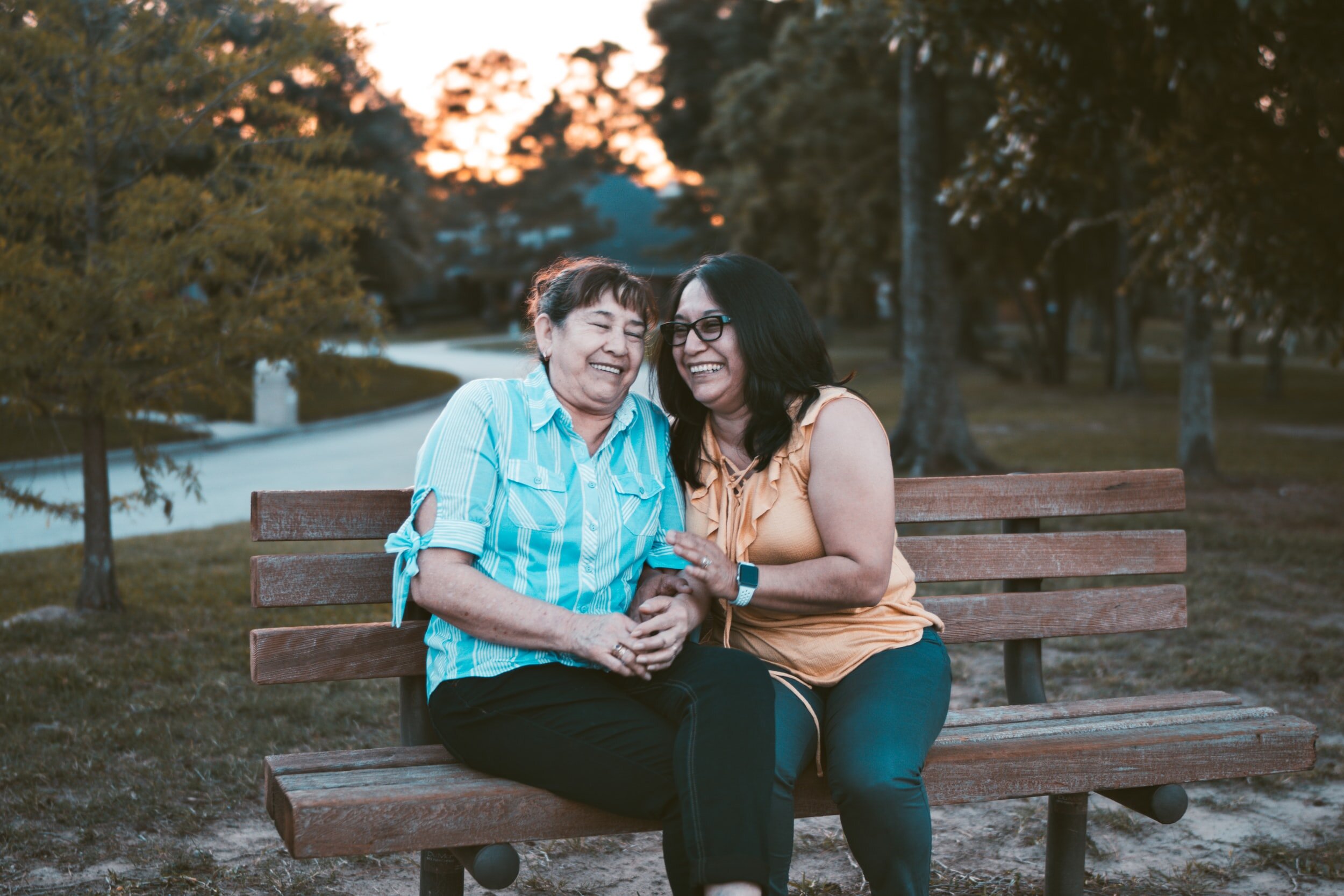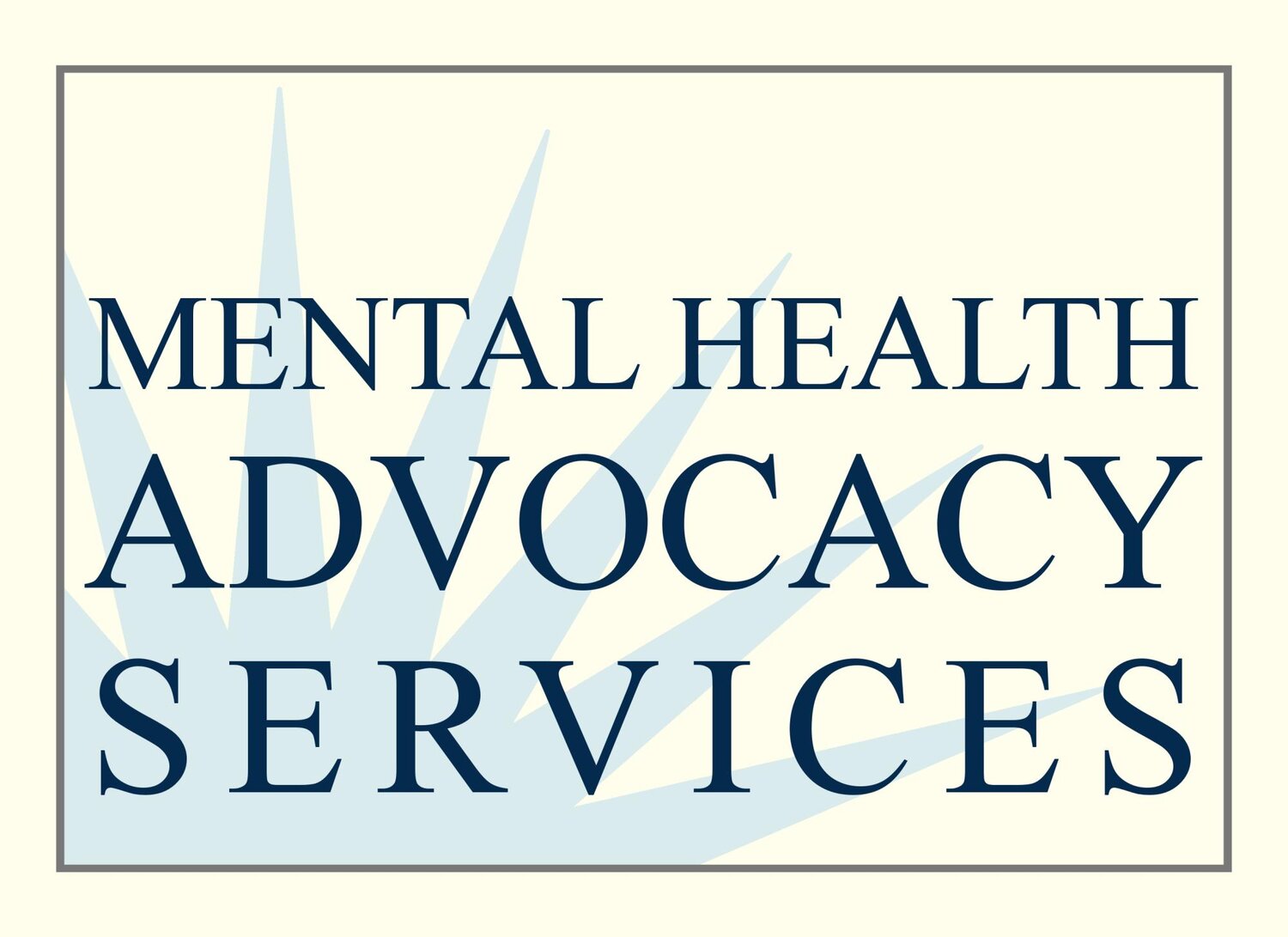
OUR PROGRAMS
ADDRESSING BARRIERS TO REENTRY
MHAS partners with the organization Painted Brain on “Project New Start”: a comprehensive job placement, mental health, and legal services program for formerly incarcerated individuals that reside in South Los Angeles. Project New Start was established to combat employment barriers for individuals who are or who have been in the criminal justice system and are experiencing mental health challenges. Painted Brain and MHAS staff collaborate to provide individualized employment service plans for formerly incarcerated program participants to successfully obtain employment. Additionally, MHAS helps clients overcome barriers to reentry by providing legal services and advocacy in the areas of expungement, employment, housing, and criminal justice debt.
CONSUMER ADVOCACY
Consumer law and credit reparation is a common area of service across MHAS’ programs serving low-income clients with mental health disabilities. Credit reporting errors, when reported by credit bureaus or tenant screening services, can prevent clients from obtaining work or securing housing. MHAS partners with our clients to end or reduce debt collection, enforce fair debt collection laws, resolve credit reporting errors, prevent negative consumer reporting, and resolve financial disputes with landlords, businesses and public agencies. MHAS also helps clients combat financial exploitation by unscrupulous individuals and corporations and enforces mental health consumer rights. Finally, MHAS conducts a broad range of know-your-rights trainings on specific financial topics including how to monitor your credit, how to establish credit when you have no credit history or a poor credit history, how to identify credit repair scams, and how to respond to debt collectors.
FAIR HOUSING
MHAS fights housing discrimination against individuals with mental health disabilities through legal representation, fair housing training, and community education. MHAS currently has an ongoing fair housing education and outreach project, funded by the U.S. Department of Housing & Urban Development Fair Housing Initiatives Program, to educate mental health consumers and service providers about fair housing rights and responsibilities. In addition to conducting fair housing workshops, the project distributes “Fair Housing Tip of the Month” e-mail messages in in English, Korean, and Spanish to over 3,000 people.
GOVERNMENT BENEFITS
Each year MHAS assists hundreds of people with issues related to Supplemental Security Income (SSI) and other Social Security benefits. This assistance includes providing critical advice and guidance about the SSI application process to individuals with mental health disabilities, as well as preventing clients from losing their SSI benefits by assisting them with post-eligibility issues such as benefit terminations, overpayments and disability reviews.
HOMELESSNESS PREVENTION
MHAS is the lead agency in multiple behavioral health-legal partnerships in which legal services intervention specifically targeting low-income tenants with mental health disabilities at risk of homelessness is holistically integrated in partnership with mental health services providers in Los Angeles. Clients are provided with tenant advocacy assistance in landlord-tenant rental disputes, including pre-eviction legal services, counseling, advice and consultation, mediation, training, renter education and representation, and legal services to improve habitability and to ensure receipt of eligible income or benefits to improve housing stability.
MATERNAL MEDICAL-LEGAL PARTNERSHIP
MHAS operates a medical-legal partnership with Los Angeles County’s Nurse-Family Partnership that provides physical and mental health care to low-income mothers with mental health disabilities during and after their pregnancy. Through this partnership, MHAS empowers women through direct legal services, know-your-rights trainings, and policy advocacy to foster health, housing, income, and family stability.
MENTAL HEALTH COURT CLINIC
In 2022, Mental Health Advocacy Services launched a new Clinic in partnership with the Hollywood Mental Health Courthouse targeting individuals with mental health disabilities. The Clinic provides Court-approved information and resources about Mental Health Court proceedings to litigants and other members of the public who are not currently in custody. The Clinic also offers information and brief services on a range of ancillary civil legal issues with a goal of helping litigants achieve greater overall stability, thus allowing them to move through their proceedings at Mental Health Court with greater efficiency and success, and with less likelihood of returning. This includes helping litigants secure and maintain housing, helping litigants access SSI or other benefits to which they may be legally entitled, and assisting litigants with obtaining - or having reinstated - their Driver's License or California ID, among other civil, legal needs.
SPECIAL EDUCATION
MHAS conducts community training sessions to teach parents and caregivers how to obtain special education services for their children with mental health needs. For families needing additional assistance, MHAS provides individual advocacy including negotiation with school districts and other agencies and representation in Individualized Education Program (IEP) meetings, mediations and administrative hearings.
STAY HOUSED L.A.
Mental Health Advocacy Services is a proud member of the Stay Housed L.A. coalition, a partnership between the County of Los Angeles, the City of Los Angeles, and local community and legal service providers that provides tenants with the information and support needed to exercise their rights so that they can remain safely in their homes. Through its participation in this partnership, MHAS provides individualized advice and counsel on fair housing and tenancy rights to clients with mental health disabilities, as well as direct representation on behalf of these clients in conflicts with landlords, housing authorities, and non-profit housing and service providers. MHAS also provides technical assistance and training to other members of the Stay Housed LA Coalition on the rights and responsibilities of individuals with mental health disabilities.
TRANSITION AGE YOUTH (TAY) MEDICAL-LEGAL PARTNERSHIP
MHAS hosts a Skadden Fellowship project which operates a medical-legal partnership with Daniel’s Place in Santa Monica. Daniel’s Place provides mental health care, housing assistance, hot meals and showers, and other services to transition age youth with mental health disabilities who are chronically unhoused. Through this partnership, MHAS provides direct legal services involving housing, traffic and parking tickets, public benefits, expungements, and other issues to promote a happy and successful transition to adulthood.
LA COUNTY MEDICAL LEGAL COMMUNITY PARTNERSHIP (MLCP)
MHAS is a key partner in LA County's Medical-Legal Community Partnership ("MLCP"), a project administered by the Department of Health Services and the Department of Mental Health. Through the MLCP, MHAS assists participants with legal issues to ensure that they have the resources and support needed to achieve better health outcomes and overall well-being. Since the project began in early 2018, MHAS has helped thousands of participants on legal matters in the areas of housing, public benefits, and discrimination; provided a series of trainings on legal issues pertinent to care management staff; and guided hundreds of clinical staff with legal technical assistance.
IMPACT LITIGATION
MHAS participates in impact litigation aimed at improving the lives of low-income people with mental health disabilities. For example, as co-counsel in the class action Emily Q. v. Bontá, MHAS played a key role in bringing federally mandated Therapeutic Behavior Services to children in California. MHAS currently serves as co-counsel in Franco-Gonzalez v. Sessions, which is in the monitoring stage of a permanent injunction. In this case, the court ordered the United States government to provide counsel to immigration detainees who, as a result of a mental disability, are unable to provide competent self-representation in their immigration proceedings.
